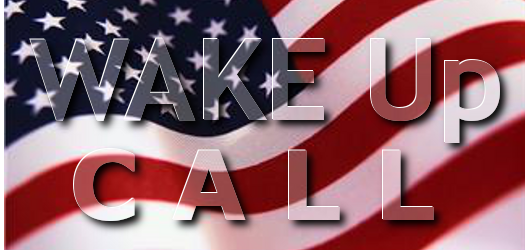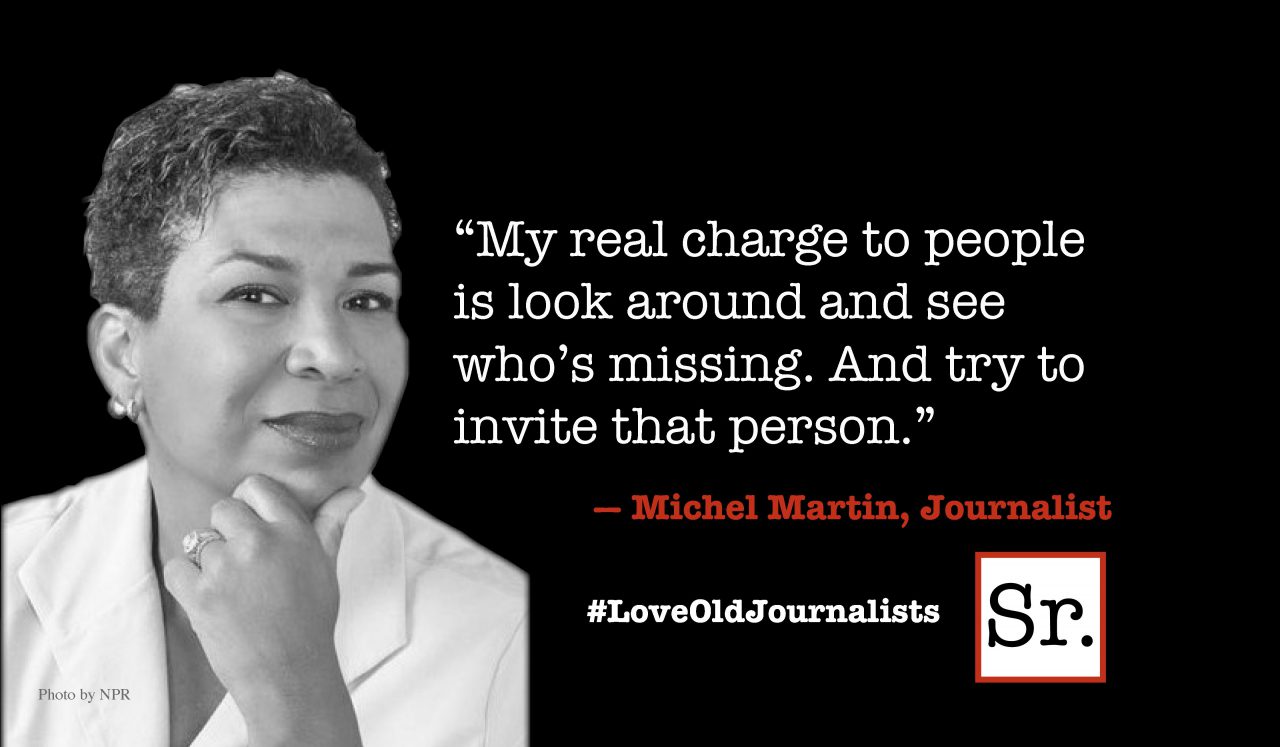Ronald Reagan often referred to the U.S. as a “shining city on the hill … the last best hope for mankind.” To the idealist, there was the presumption of fairness and equality in that portrait of America. Fast forward three decades and the question is, does Reagan’s portrayal ring more hollow now?
In 2012, for example, how does the American voter compete within a largely deregulated campaign finance system that allows wealthy donors and corporations to pour hundreds of millions of dollars into presidential and Congressional elections to purchase a government solicitous of their interests? This is a real question to which we will respond later in this piece.
In 2011, the Occupy Wall Street movement (OWS) raised public consciousness regarding the level of inequality in American society perpetuated by an economic system aided and abetted by a corrupt political system that no longer governs with the consent of the governed. Through sheer persistence, the OWS forced us to begin a national conversation that brought disquiet to boardrooms and into the paneled suites of the free-market advocates (both public and private). The movement addressed concerns felt by millions worldwide and OWS groups metastasized throughout the country. In short order, OWS became a global phenomenon.
Here at home, media coverage of OWS, already de minimus, shifted to the coming primary campaigns. The one percent breathed a collective sigh of relief: the media spotlight refocused on a more manageable set of issues. As the spotlight shifted, the question became, “what happened to the OWS?” Nothing, really! OWS is still with us while we allowed ourselves to be conveniently distracted by the rhetoric of the primaries and the two presidential campaigns.
The language of primary and presidential campaigns is designed to draw distinctions between the “in” and the “want-to-be-in” party, not address real issues of real people. This year, one candidate reminds us in general terms that fairness is a foundational issue in this election and the other candidate says, “fairness is not the issue; that what we are witnessing is market forces at play: some win; others lose.”
Central to the debate between two highly competitive candidates is the role of government in a free-market economy. For the last century, we have been a country schizophrenic about the role of government as a positive force in American society. The Republicans propose shrinking government (metaphorically) to a size that can be drowned in a bathtub. There are consequences of that notion.
If Republicans prevail in November, Americans need to consider one likely impact of their success. Census data reveal “48.5 percent of the population lived in a household that received some type of government benefit in the first quarter of 2010.” This is a historic high. Assistance includes food stamps, subsidized housing, cash welfare or Medicaid. Another 14.5 percent lived in homes where someone was on Medicare. Nearly 16 percent lived in households receiving Social Security.
I am not an advocate for or against households receiving government benefits. The point is to suggest that the dearth of employment opportunities for millions of Americans increases the rolls of the dependent while decreasing the rolls of active taxpayers. There is a corollary point: Federal and state revenues were further reduced by the concerted effort of several state legislatures which eliminated over 600,000 public sector employees. They, too, temporarily became dependent on public resources.
Joseph Stiglitz, in his latest book “The Price of Inequality," reminds us “our economic system is failing for most Americans.” This was a grounding philosophy of the OWS movement. Stiglitz says we pay a high price for our inequality — an economic system that is less stable and less efficient, with less growth and a democracy that has been put into peril. Stiglitz represents the “cri de coeur” the campaigns of Obama and Romney fail to address in other than “focused-group-tested” language.
Thus far, neither the President nor Mitt Romney appears willing to tame or temper the forces that conspired to organize and control society to advance the interests of the few over the rest. We need look no further than the continued behavior of Jamie Dimon, CEO of JPMorgan Chase and other Wall Street financial elite. This is 21st century America.
Fundamental unfairness is now the new norm, the bitterest pill ingested daily by millions of Americans. Conservatives, however, eschew this inconvenient outcome. Why is it that we recognize this unfairness at our very core, yet we allow the political strategists, the media bloviators, and the two candidates to continually distract us with themes and language alien to our reality? Fundamentally, Obama and Romney seek our permission to perpetuate the economics of inequality and the politics to legitimize our enslavement. Granted, some would argue the President is the lesser of two evils while others would suggest that what he failed to attempt, or achieve, is of greater consequence than his successes.
What is more fundamental to Americans than the belief that opportunity exists for those who seek it? Historically, that simple belief propelled millions of immigrants from Europe to our shores. Also, hundreds of thousands made the trek West to settle an unknown but hostile American frontier. Moreover, the great black migration from the legacy of racial degradation in the South to the North and the Pacific Northwest during the 1920s and the 1930s (including my maternal grandparents) was driven by a desire to be made whole as a human being and the opportunities that lay at the end of the journey. Each group enduring the migration found greater opportunity than existed for them in other locales.
The belief in opportunity and the idea we were fundamentally a fair society built a successful democracy and a thriving middle class.
Here is the counterpoint. Conservatives on the right acknowledge inequality but maintain that inequality is good because the rest benefit when the rich do well. “Trickle-down” theories have not worked for three decades but hope springs eternal — at least among adherents of the philosophy. They can afford it. The rich only became richer over the past three decades while most Americans worked harder for much less. For example, a recent Federal Reserve study found that the median net worth of families in 2007 was $126,400. In 2010, the median net worth of families was $77,300.
Moreover, we hear arguments from conservatives regarding how the wealthy one percent assumes a greater tax burden than the rest of society; that the remaining 99 percent are failing to pay their fair share. These are the terms of reference for any political discourse that involves the GOP. Meanwhile, the benefits and rewards accruing from economic growth continue to devolve to the wealthy while the rest reap anxiety and insecurity. This is the new fairness doctrine — GOP style.
The grievances defined by the OWS and elaborated upon by Stiglitz represent a fundamental shift in American values. The economic system to which each of us is tethered no longer delivers benefits to a larger society. This outcome is as true for the young as it continues to be for the average American.
Americans today seek no more than generations past: somewhere to use their skills to earn a livable wage to build a better future for themselves, their families, and their communities. The underlying thesis here is that people matter, not just the dollars that slosh around outside the system. The wake-up call is to again remind us what is at stake in this election; that the system we envision that still exists has failed and, worse, holds no one accountable for its demise — past or present.
One of the central theses in Stiglitz’s book is synonymously the organizing principle of the OWS: “while there may be underlying economic forces at play, politics have shaped it in ways that advantage the top at the expense of the rest.” What happened to the rules we are taught that govern society? What happened to the laws that reward success and hard work and punish transgressors? A system may lack a moral compass, but a basic morality should not fail to guide those responsible for administering the policies and programs central to the lives of millions of others.
It is increasingly unlikely that either a re-elected Barack Obama or a newly installed Mitt Romney will materially change the laws and regulations that empower, enrich and protect the wealthy against demands for more fairness. Truth is America is being ruined with full complicity by the rest of society. Think about it. Elected officials tell us to choose sides — and we do. They then tell us what the issues should be and we vote. Then, they screw us and we complain until the next election. A cable news network reported that voters contribute less than three percent of campaign funds, the rest contributed by wealthy donors and corporations. Let’s not wonder why those we elect are not accountable to us.
Yes, we are frustrated — but how frustrated are we with a political and economic system designed to disenfranchise many and disempower most? How will our frustration manifest itself beyond the November election? Are the disincentives to bring about change greater or less than those to wait and hope for change?
Over the past several decades, the U.S. has evolved in the direction of a Fascist state. Fairness is no longer a value most feel applies to American life. America was never perfect and fairness never universally applied, but a belief in the promise of fairness was a powerful guiding force that could and did temper passion and thwart public expressions of outrage against society. We have not experienced an Arab Spring. Some wonder why not?
American society is now completely for sale, thanks to the Supreme Court’s most egregious folly Citizens United. As noted earlier, inequality is the norm. Justice is just another commodity available to the highest bidder. The spoils will truly belong to the victor in November: positions, policies, and programs, and a federal budget shaped by those who purchased the election.
All right, so how do we compete when the system is rigged against us? We compete by demanding greater accountability from those we elect including the president. Second, vote our interests and not the interests of the wealthy or corporations. Our interests are grounded in our survival and therefore not synonymous with those of the wealthy. Third, pursue vigorously a Constitutional amendment to repeal Citizens United. Fourth, insist upon legislation that overhauls the U.S. tax system to ensure that everyone pays his or her fair share. And, finally, elect public officials whose primary goal is to strengthen the Middle Class in America. At least this is a start.
American democracy has become a shell of its former self. Unless we wake up with a vengeance, the role we will be asked to assume this fall is that of rubber stamp for the new model.









